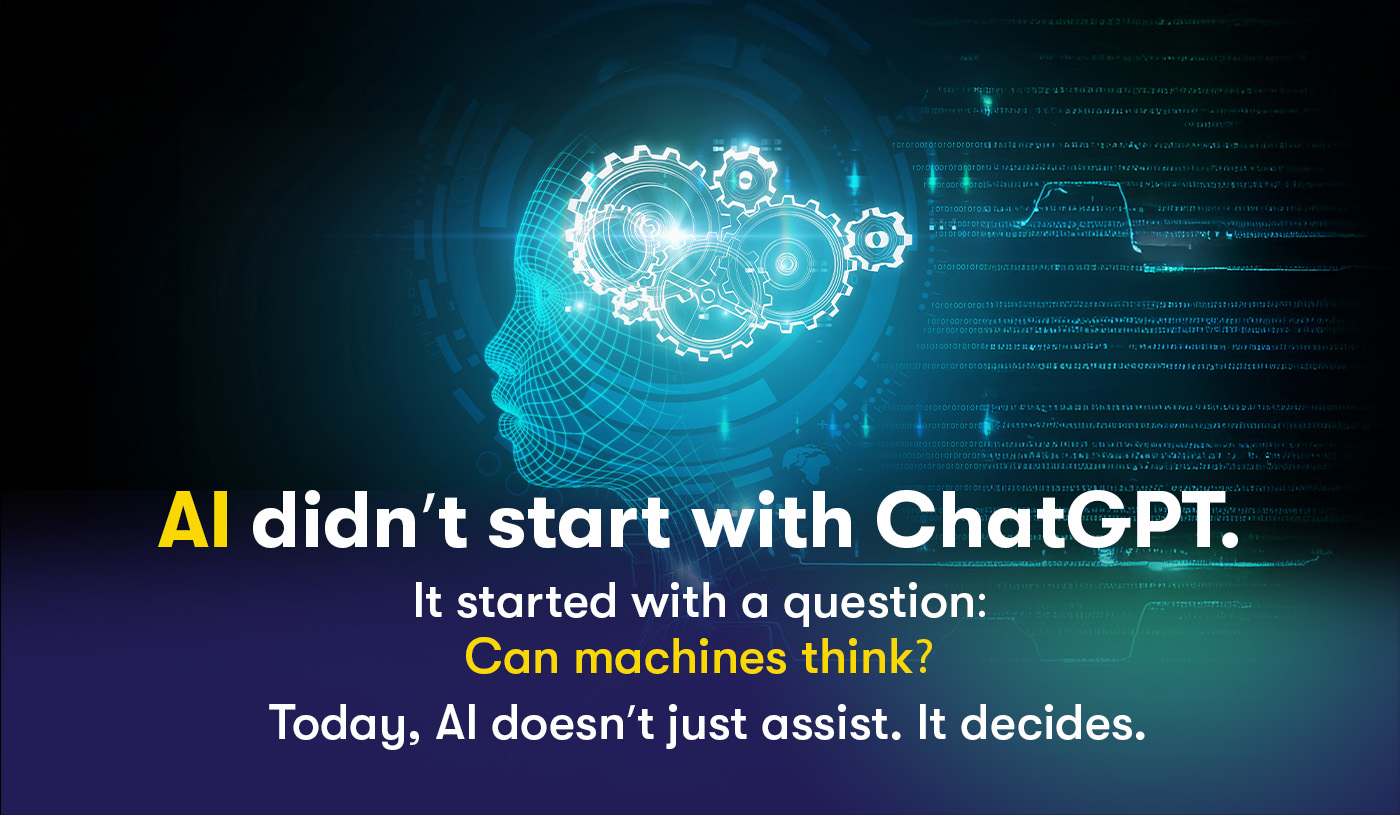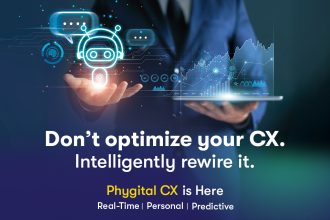The Evolution of Intelligence: Why Understanding AI’s Past Is Key to Engineering Our Future
Over the past 120 years, humanity hasn’t just progressed technologically — we’ve redefined what it means to think.
From steam engines and silicon chips to context-aware systems and agentic AI, this isn’t just a story of innovation — it’s a story of how power moved from tools to decisions.
As someone building CX transformation in healthcare — an industry still catching up — we believe understanding where AI came from helps us build what comes next.
We’re not just deploying technology anymore.
We’re designing trust, intelligence, and human-like judgment into the systems we live and work with.
The Global History of Technology & Artificial Intelligence (1900–2025)
1900–1945: The Mechanical Age Meets World Conflict
“The machine does not isolate man from the great problems of nature but plunges him more deeply into them.” — Antoine de Saint-Exupéry
- Technological Landscape: Electricity, internal combustion, telecommunication
- Wartime Innovation: Radar, early programmable computers (Z3, Bombe)
- AI Spark: Turing’s 1936 paper laid the philosophical foundation
- Theme: Necessity drove innovation. Technology meant power, survival, communication.
The Evolution of Intelligence (1945–2025): From Hardware to Human-Like Systems
1945–1970: The Birth of Computing & The AI Dream
“Can machines think?” — Alan Turing, 1950
From ENIAC to the Dartmouth Conference, this was AI’s philosophical and scientific awakening. Turing’s question laid the groundwork. ELIZA hinted at empathy. The Cold War funded ambition.
Shift: From calculating power to conceptual logic. AI became a question not of if, but when.
1970–1990: Silicon, Software & AI Winters
“The personal computer revolution is going to dramatically change how we live and work.” — Steve Jobs
The decentralization era — from mainframes to PCs, from ARPANET to email — but AI stumbled.
Insight: The infrastructure scaled. The intelligence waited.
1990–2010: The Internet Boom, Big Data & AI’s Second Spring
“Data is the new oil.” — Clive Humby, 2006
From Deep Blue’s chess win to Geoffrey Hinton’s neural networks, AI evolved from academic theory to enterprise reality.
Transition: AI entered businesses, predicting demand, recommending products, making decisions.
2010–2020: AI Enters Everyday Life
“AI is like electricity. It will transform everything.” — Andrew Ng
Personalization became norm. From ImageNet to GPT, AI learned to see and speak.
Meta-shift: AI became invisible infrastructure — in your phone, in your fridge.
2020–2025: Agentic AI & Societal Transformation
“We’re moving from AI as a tool to AI as a collaborator.” — The Modern Technologist
AI matured. ChatGPT and Midjourney democratized creation. Agentic systems began thinking for themselves. Regulation finally caught up.
We’re here: AI collaborates, creates, governs. It shapes culture and decision-making.
What’s Next? 2025 and Beyond
- From Tools to Teammates: AI agents will co-own workflows, not just augment them.
- Ambient Intelligence: Systems will adapt to context, not just commands.
- Agent-First OS: Operating systems will become conversations.
- Sovereign AI & Global Power: Nations will compete over ethical control and AI regulation.
We’ve evolved from building tools → to building intelligence → to engineering decisions.
Which era shaped your mindset around technology? And which one are you building for next?



